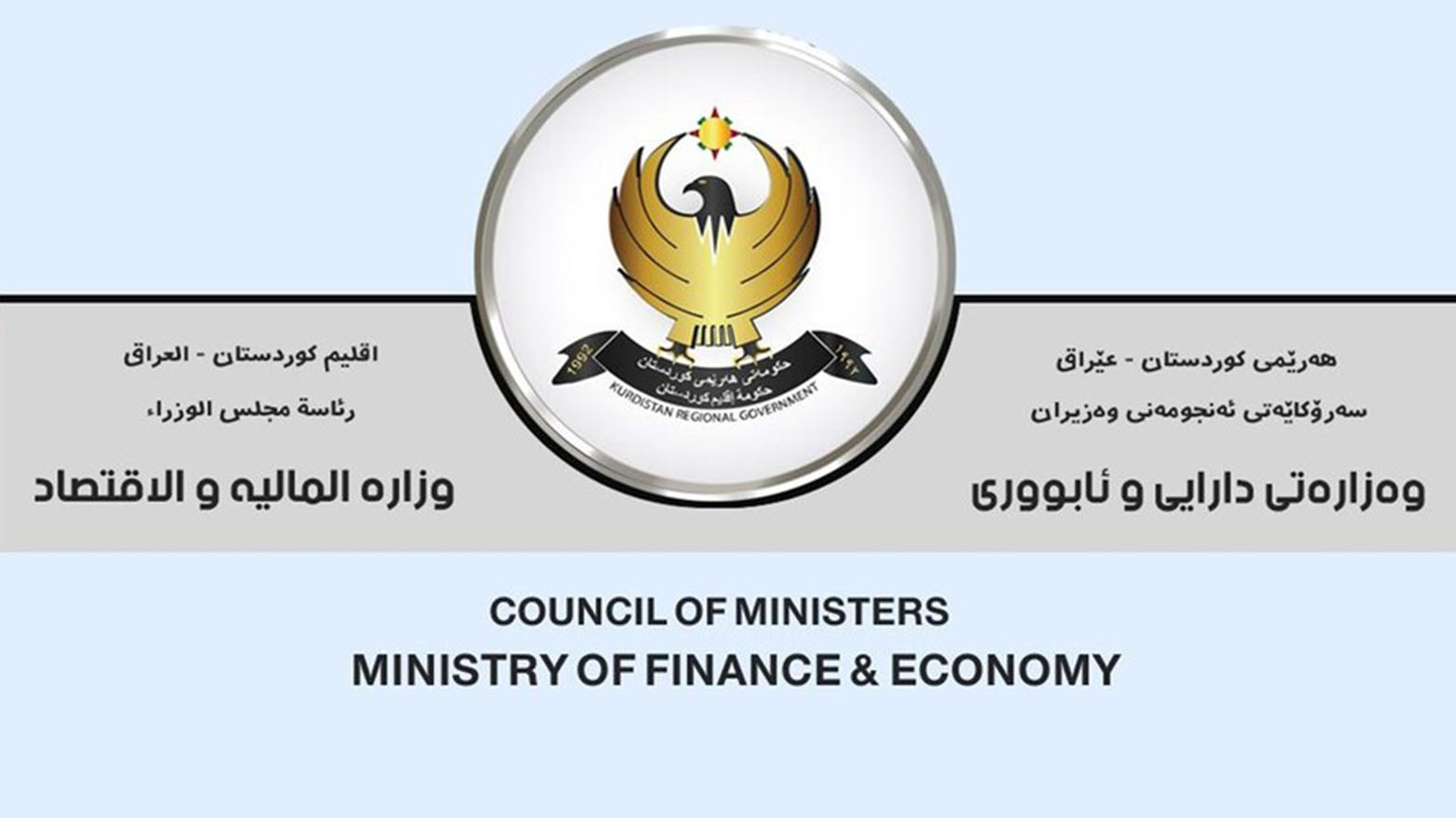Kurdistan’s Non-Oil Revenues Transferred to Baghdad as U.S. Hails Energy Deal
The KRG transferred 120 billion Iraqi dinars for July Non-oil revenues to Baghdad's finance ministry, while U.S. Energy Secretary Chris Wright praises the major Kurdistan energy deal with American companies.

Erbil (Kurdistan24) – On Thursday, the Kurdistan Region’s non oil revenues for July—amounting to 120 billion Iraqi dinars—were formally deposited into the account of Iraq’s federal Ministry of Finance at the Central Bank branch in Erbil, the Kurdistan Regional Government (KRG) announced. The transfer comes as part of the Region’s ongoing efforts to stabilize financial relations with Baghdad and ensure the disbursement of public sector salaries.
The KRG Ministry of Finance and Economy confirmed in its statement that the revenues had been sent in cash to the federal ministry’s account. The move follows recent steps taken by the KRG to align its financial obligations with Baghdad while continuing to press for the Region’s full constitutional entitlements. Officials in Erbil emphasized that the transfer was made to ensure that public sector salaries are delivered without further delay.
KRG spokesperson Peshawa Hawramani had earlier explained that 120 billion dinars were drawn from the Region’s internal revenues to facilitate salary disbursements, underlining that “the rights of the people of Kurdistan are guaranteed by the constitution, and we will not abandon them.” He dismissed recent advisory notes issued by Baghdad’s State Shura Council on oil revenue transfers as non-binding legal opinions.
On the same day, across the Atlantic, U.S. Secretary of Energy Chris Wright addressed the Kurdistan Region’s energy potential during a press conference in Washington. Asked by Rahim Rashidi, head of Kurdistan24’s Washington bureau and widely known as Mr. Kurd, about Prime Minister Masrour Barzani’s visit in May and his signing of a landmark $110 billion agreement with U.S. companies, Wright praised the deal as a strategic success.
“Kurdistan has great reserves. American companies are there. We would love to see more oil, more natural gas developed there. You’ve got a marketplace to get it out. So I think it’s very helpful for the people of Kurdistan, very helpful for America, and very helpful for the world,” Wright said.
He framed the partnership as a reflection of President Donald Trump’s broader energy agenda, which he described as “more energy makes everyone better.” Criticizing Europe’s energy policies as “climate mania” that drove up costs and deepened dependence on Russia, Wright underscored America’s readiness to cooperate internationally and expand energy development.
The convergence of Washington’s praise and Erbil’s fiscal actions came as the KRG announced that oil production had reached 234,000 barrels per day, with exports set to resume within 48 hours under a trilateral agreement between the KRG, Baghdad’s Ministry of Oil, and international production companies. Hawramani described the framework as a “significant step forward,” stressing that Erbil had always sought to resolve disputes “in line with the constitution and law.”
Exports through Turkey’s Ceyhan port have been suspended since March 2023 following an arbitration ruling in favor of Baghdad, costing both the federal government and the Kurdistan Region billions in lost revenue. Kurdish officials have long accused Baghdad of using budget transfers as political leverage while undermining the Region’s federal rights.
For the KRG, the dual track of restoring exports and deepening ties with U.S. companies goes beyond economic recovery. It is a statement of federal partnership and constitutional entitlement, a reminder that Erbil is not a subordinate but an equal partner in Iraq’s federal system.